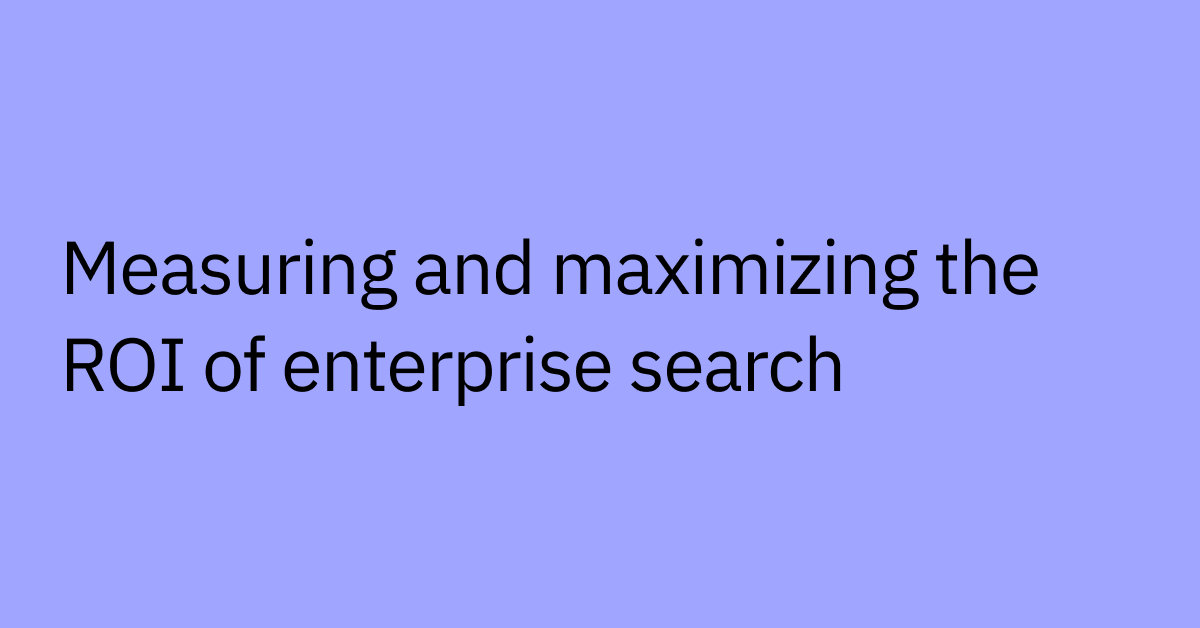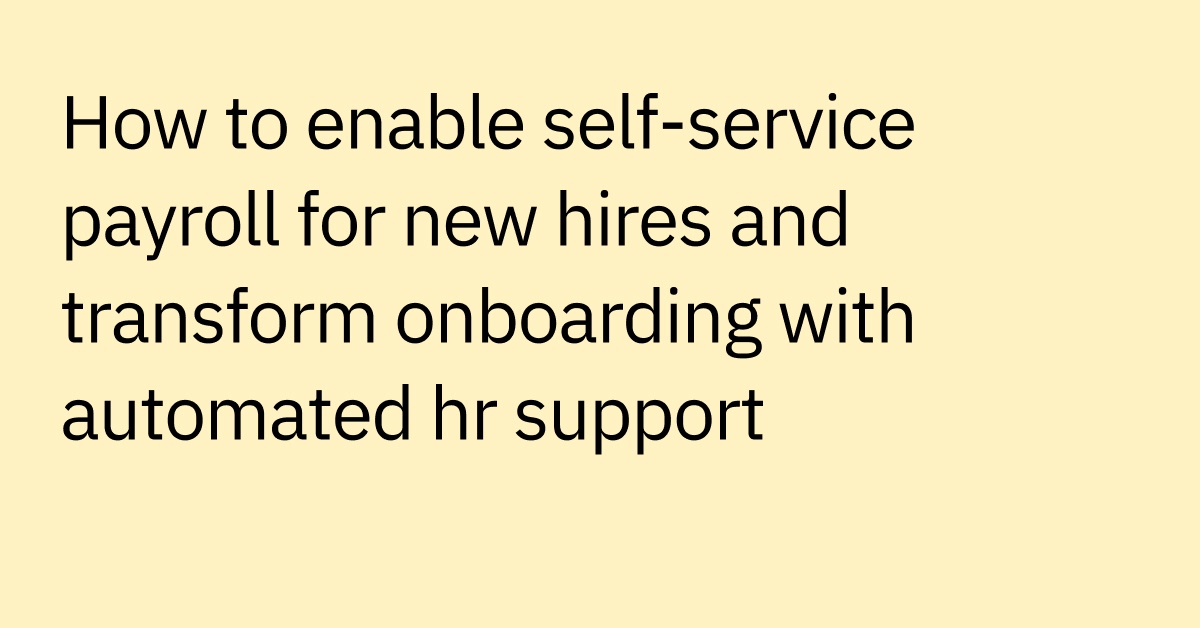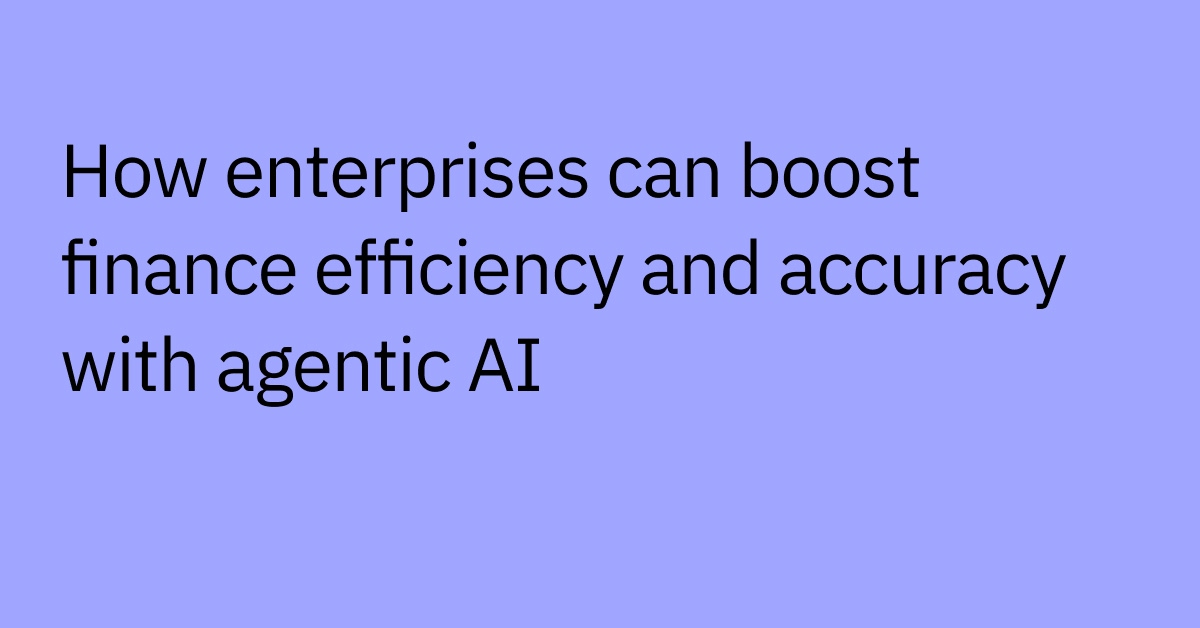Table of contents
Highlights
- Modern employees are overwhelmed by tools and delays, but agentic AI tools lets them easily automate routine processes and enhance workflow efficiencies.
- Productivity today is about removing friction, not just increasing output. AI agents help employees work smarter by eliminating repetitive work, enabling self-service, and minimizing support wait times.
- AI agents act independently to achieve user goals across systems — not just suggesting, but solving. Agents can handle the action end-to-end.
- Unlike rigid automations, chatbots and AI point tools, agents deliver true autonomy at scale. While other tools deflect or redirect, agents take action, working across systems, respecting enterprise permissions, and continuously improving.
Employees are drowning in tools, toggling between dozens of different apps just to get their work done. Each system has its own login, its own interface, and its own support process and queue. The result? They lose valuable productivity time searching for information, submitting requests, and waiting for help.
Giving them AI agents offers a way to cut through this chaos. These intelligent systems use artificial intelligence to reason, make decisions, and take actions to achieve specific goals, with little to no human intervention.
Think of AI agents like an intelligent software assistant that can work independently to complete tasks.
When integrated into a virtual assistant or conversational tool, AI agents serve as efficient facilitators, allowing employees to request assistance and enabling seamless task execution across multiple workplace applications. They can automate responses and complete both routine and complex tasks in real time, helping to bypass the need to route them to IT or HR backlogs.
That’s why over half of IT leaders are using agents in production and three-fourths of them have plans to implement agents into production soon.
Instead of using countless point solutions or building fragile automations for every department and use case, AI agents can automation business processes intelligently and streamline routine requests instantly. They can find documents, reset passwords, provision software, and answer policy questions, all through natural conversation.
But it’s more than just time saved. When employees can self-serve and resolve their own issues instantly with AI agents, they're able to stay focused on the work that actually matters.
How can employees access AI agents?
Employees typically access AI agents through user-friendly platforms like chatbots, virtual assistants, or integrated applications within their existing work tools, which allow them to interact in natural language. These interfaces are designed to be intuitive, so employees generally do not need technical skills to use them effectively.
Developers usually access AI agents through technical interfaces like API endpoints, which require coding skills to integrate AI into workflows. However, no-code and low-code solutions like AI agent builders offer both developers and non-developers the ability to use AI agents via intuitive drag-and-drop interfaces, reducing the need for deep technical expertise and simplifying AI deployment and management.
What does employee productivity mean in the AI era?
Productivity isn't just about strictly output anymore. Sure, completing more tasks matters, but real productivity means working efficiently without running into constant roadblocks and automating as much as possible.
Think about the things that slow your teams down. Access delays when someone needs a new tool. Confusion about which system to use for expense reports. Support bottlenecks that leave employees waiting hours (or even days) for what should be simple fixes.
This friction adds up. Every interruption breaks concentration, and every delay pushes deadlines, ultimately impacting productivity.
AI agents change this dynamic by automating your routine and mentally taxing tasks – and early adopters are already seeing significant impact – like a 20-80% reduction in processing time for key workflows.
- Need to find last quarter's sales data? AI agents can search across systems instantly.
- Locked out of an account? They can handle the reset to get you in.
- Have some questions about your PTO policy? They can surface the answer from your HR documentation in real-time.
But AI agents do so much more than just respond to requests.
Agents are also dynamic, proactive and capable of different tasks. By connecting to third-party systems to look up information, summarize complex data, and perform actions they can instant help your employees at scale — without requiring human decision-making.
An employee might ask to submit a PTO request, and the agent handles it directly in Workday. Or if they need to update a contact in Salesforce, the agent does it automatically.
AI agents use advanced AI to work smarter
Agents are powered by advanced Large Language Models (LLMs) that can understand an employee's natural language request. They then use this reasoning to connect to other applications like Workday or Salesforce through their digital tools, known as APIs, allowing them to autonomously perform tasks and execute multi-step workflows without human intervention.
Faster, dynamic automation = greater productivity
This shift matters because AI-driven productivity is defined by removing the barriers between employees and their end goals. Your teams shouldn't have to become IT experts just to do what they were hired to do. They need true self-service capabilities and the ability to get unstuck instantly, without depending on other departments.
AI agents make this possible by being the real-time automator between employees and systems that lets you choose the right tools, and take the right action right when you need it.
Ready to transform your workplace? Check out our guide to AI agent deployment strategies and best practices.
Where AI agents can reduce friction in the workday
Let's get a little more specific about how AI agents can eliminate daily frustrations. Each scenario below shows a common pain point and (more importantly) how agents can solve it in real time.
Finding information
Your employees likely waste countless hours hunting for the right file, policy, or system. This problem multiplies for remote and globally distributed teams who can't just tap someone on the shoulder for help.
AI agents change this dynamic completely:
- They search across your entire knowledge base ecosystem — from Google Drive to SharePoint to your company intranet — using everyday, conversational language.
- Employees could simply ask, "Where's the Q3 marketing budget?" and get direct links to the right document.
- Agents can even search specific Slack threads, roadmap decks, or HR policies depending on the context and intent of the user's question.
Resolving IT and HR issues on demand
Traditional support means submitting tickets and waiting. AI agents can help tackle a lot of common, routine requests, giving your IT and HR teams time back to focus on higher-priority work.
- Password resets can happen instantly after identity verification.
- During onboarding, software provisioning can trigger automatically based on role and permissions.
- Employees can get benefits questions answered immediately with accurate, up-to-date information.
Say an employee forgets their password on a Monday morning. Rather than missing their 9 AM meeting while waiting to hear from IT, the AI agent verifies their identity and initiates the reset immediately. They're back online in minutes, not hours.
For HR requests, agents can guide employees through processes step-by-step for things like updating direct deposit information or requesting PTO. They can also answer questions on demand about topics like benefits enrollment and provide the relevant documentation and deadlines instantly.
Approving or submitting routine requests
AI agents keep work moving by automating the approval pipeline, meaning fewer emails lost in busy inboxes or requests stuck in limbo.
- Expense reports can get checked for compliance and routed to the right approver automatically.
- Time-off requests can be submitted directly through chat, with instant confirmation.
- Purchase requisitions and access requests can get processed without manual handoffs.
And this is only scratching the surface. There are plenty more use cases for automated approval processes.
See what's possible with AI agents: Explore over 400 real-world examples in the AI Agent Marketplace.
How AI agents work across your existing productivity tools
You've already invested in dozens of business systems, some of which probably have AI capabilities of their own. AI agents can make them work together even better through:
1. Integration with business systems
AI agents are able to connect to your existing tools through APIs and prebuilt connectors for applications like ServiceNow, Jira, Workday, Slack, Microsoft Teams, and more. This means they can:
- Pull data from any connected system
- Trigger workflows automatically
- Perform actions directly within those platforms
- Maintain your systems permissions and policies
With integration capabilities, your employees don't need to learn each system's quirks. When agents are added to conversational tools, then getting agentic support means your employees just ask for what they need using everyday language.
2. Orchestration and coordination
AI platforms feature an orchestrator designed to coordinate and manage multiple agents working in harmony. This allows for more complex workflows spanning different departments.
For example, a support ticket requiring input from IT, HR, and finance can be handled automatically between agents. The orchestrator ensures that each agent shares information and passes tasks along smoothly, without any manual human intervention.
3. Respecting permissions and policies
Security isn't an afterthought, which is why AI agents are able to operate within your existing:
- Security protocols
- User permissions
- Company policies
That means they are able to follow your policies and permissions. This enables your sensitive data to stay protected, and your compliance requirements remain intact.
4. Unified user experience
Instead of learning a whole new system, employees can interact with AI agents through the tools they're already familiar with, like an AI assistant, Slack, Teams, or web browsers. The agents can handle all of the complexity behind the scenes.
Whether they're automating tasks, searching for information, submitting requests, or getting support, employees get a centralized, user-friendly experience.
5. End-to-end process automation
AI agents don’t just handle individual or siloed tasks. They’re able to automate entire business processes across multiple systems. A single workflow might:
All of this can happen automatically, triggered by a simple employee request.
How AI agents compare to other productivity tools
Organizations everywhere may be investing in AI productivity tools, but not all solutions deliver the same value. Let's break down some of the key differences.
Why other AI productivity tools fall short
Specialized AI tools work well for targeted needs. Coding tools speed up development and basic bots can add some support to the employee experience. But for large enterprises, setting up many fragemented, single-purpose tools can create new problems.
- Limited scope: Traditional automations and chatbots respond within predefined flows, and self-service portals require users to know exactly where to look and what to search for.
- Edge case failures: When these AI systems run into scenarios outside the expected path, they deflect to human support or fail entirely, causing more delays and frustration.
- Tool sprawl: Adding more point solutions means more logins, more training, most costs, and more complexity, which is exactly what you're trying to avoid.
Why other automation tools fall short
Traditional automation tools (like iPaaS, middleware, or workflow engines) are best for structured, predictable tasks and direct API integrations. However, for modern business needs, AI agents offer a new level of productivity, scalability, and adaptability.
- Require more expertise: Traditional automation platforms need extensive technical knowledge to use, deploy, and maintain.
- Rigid and inflexible: Old-school platforms have a hard time handling complex, multi-step processes, struggle to adapt to business processes deployment can take a while.
- Decentralized development: Standard automation tools can result in code sprawl and complex maintenance.
What makes AI agents different
AI agents have the ability to understand goals and context, make informed decisions, and act autonomously, which means you get:
- Natural interaction: Employees can use conversational language through AI assistants or portals, and the agent can actually understand intent and context, not just keywords.
- Autonomous action: Instead of pointing users to forms or how-to articles, agents can complete specific tasks directly. Password reset? Document retrieval? Access approval? Agents are capable of handling all of these within minutes.
- Enterprise-wide connectivity: While other tools might integrate with a handful of applications, AI agents are built to connect across your entire tech stack, creating one interface for everything.
- Intelligent decision-making: Agents can analyze requests, determine the best action, and execute, all while respecting your business rules and security policies.
- Developer-friendly: Using AI agents, development teams can quickly build and optimize custom automations and workflows with just a fraction of the typical code, making AI automation quickly accessible across your organization.
The goal with implementing AI technology is acceleration, not simply information. AI agents don't just tell employees where to go or what to do. They should be able to handle the task instantly, completely, and securely.
The fastest way to help employees work smarter, not harder
Think about the friction your employees face daily. Tool sprawl fragments their attention. Support bottlenecks stall their progress. Repetitive tasks drain their energy. These are minor annoyances, yes, but even more so, they're productivity killers that compound across teams and departments.
AI agents are able to solve these challenges by forming an intelligent interface between your employees and the systems they depend on. Real-time, autonomous resolution happens right in the flow of work.
The business impact is measurable and significant. AI agents can:
- Improve the employee experience by eliminating friction and delays
- Increase productivity by resolving blockers as they arise
- Empower true self-service by making tools, knowledge, and processes instantly (and easily) accessible
- Automate routine tasks across IT, human resources, and business operations
- Reduce dependency on help desks for everyday needs
Moveworks delivers an enterprise-ready, agentic AI-powered solution that connects across your business environment, with your existing tools. Whether it's Slack, Workday, ServiceNow, or dozens of other systems, Moveworks AI Assistant acts as the intelligent layer that bridges silos.
The result is consistent, high-quality support that scales with your business. Fast wins today, with the flexibility to expand tomorrow. Your employees get the instant help they need, while your IT and HR professionals can focus on the strategic initiatives that drive business forward.
Discover how to build and deploy AI agents that deliver real value with the Moveworks AI Agent Builder.



